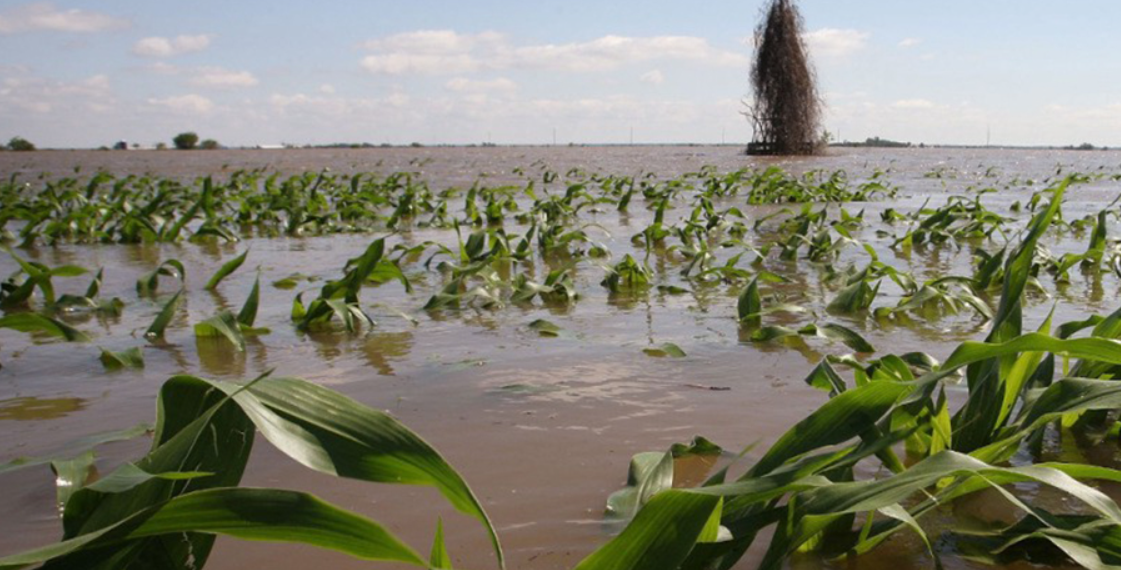A deadly flood has claimed at least 12 lives and destroyed more than 800 farmlands in Enohia Itim, Afikpo Local Government Area of Ebonyi State, leaving the community in shock and mourning.
The disaster, which struck on Friday, August 1, 2025, followed torrential rainfall that triggered massive flooding, submerging a vast plantain plantation and sweeping away residents, including children. Local officials have described it as one of the worst flood incidents in the area’s recent history.
Afikpo Local Government Chairman, Engr. Timothy Nwachi, confirmed the death toll and extended condolences to the grieving families. He assured residents that authorities would work to prevent a recurrence, urging those still living in flood-prone areas to relocate to safer ground as heavy rains continue.
“We are deeply saddened by this tragedy and stand with the families who have lost loved ones,” Nwachi said. “The local government will collaborate with state and federal agencies to deliver humanitarian aid and relief to those affected.”
The Councillor for Itim Ward, Hon. Francis Abani Okpani, revealed that only three bodies have been recovered so far, while nine remain missing. Among the dead are three children, underscoring the scale of the human loss.
Read also:
- Ebonyi State to flags off commercial flight operations with United Nigeria Airlines from June 13
- Ebonyi Government terminates contract with 3rd Retail Africa, takes over management of State-Owned Shopping Mall
- 2027 polls: Pro- Tinubu group launches state chapter in Ebonyi
Okpani noted that the Federal Ministry of Environment had previously identified Afikpo as a high-risk flood zone, warning residents to prepare for such disasters. He urged the community to take proactive measures, including proper drainage maintenance and keeping waterways clear of debris, to reduce the impact of future floods.
The flood’s destruction goes beyond the loss of life, vast stretches of farmland have been ruined, threatening the livelihoods of hundreds of farmers in a region heavily dependent on agriculture.
This latest tragedy adds to the growing concerns over the impact of climate change and extreme weather events in Nigeria, where experts have repeatedly warned that inadequate infrastructure and poor disaster preparedness leave communities vulnerable to catastrophic losses.






